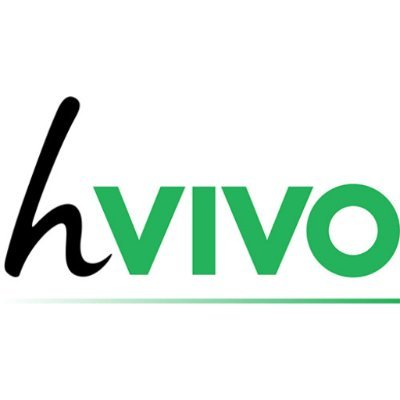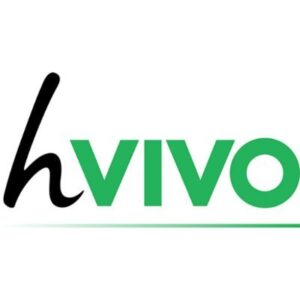The push for diversity in clinical trials has never been more critical. While strides have been made to address imbalances in representation, the current landscape reveals persistent gaps that limit the accuracy and applicability of medical research. Understanding these challenges and their implications is the first step toward creating a more inclusive approach to healthcare innovation.
Over the last few decades, clinical trials have become increasingly globalised, but geographical disparities persist. Despite data from more countries contributing to trials, over half of all clinical trial sites remain in the United States, restricting participant diversity. For instance, the percentage of white participants in trials decreased from 92% in the 1990s to 75% in 2020. While progress is evident, ethnic diversity remains underrepresented.
Data from the National Institute for Health and Care Research (NIHR) underscores the imbalance, with 86% of trial participants identified as white, compared to just 5% Asian and 4% Black. Furthermore, the socioeconomic diversity of participants is often overlooked, as many trials focus on geographically concentrated populations with homogenous economic and educational backgrounds. This lack of inclusivity not only limits the robustness of trial results but also raises questions about the real-world effectiveness of treatments.
Barriers to inclusion in clinical trials are multifaceted. Mistrust in the medical system, often rooted in historical injustices, deters individuals from underrepresented communities. Access limitations, including financial and logistical challenges, further restrict participation. Transportation issues, particularly in underserved areas, make trial attendance impractical for many. Additionally, language barriers can exclude non-English speakers, compounding the lack of diversity.
These obstacles affect more than just participation rates; they undermine the reliability of clinical research. A lack of diverse participants means treatments may not be adequately tested across various demographic groups, which impacts how broadly their efficacy and safety can be generalised.
The importance of health equity in clinical trials cannot be overstated. Medicine must serve the entire population, not just subsets. Differences in genetics, environment, and lifestyle mean that people respond to treatments in diverse ways. For trials to provide actionable insights, participant demographics must reflect the populations the treatments aim to serve.
Addressing this requires deliberate effort. Expanding recruitment strategies to reach underrepresented groups, ensuring multilingual support, and improving access through funding and logistical support are essential steps. By prioritising diversity, clinical trials can produce outcomes that are equitable, accurate, and impactful, ultimately advancing healthcare for all.
Diversity and inclusion in clinical trials are not just ethical imperatives; they are practical necessities for delivering reliable, real-world medical solutions. For the industry to progress, a commitment to health equity must underpin every stage of the clinical trial process.
hVIVO plc (formerly Open Orphan plc), led by Cathal Friel, is a rapidly growing specialist contract research organisation (CRO) and the world leader in testing infectious and respiratory disease vaccines and antivirals using human challenge clinical trials, providing end-to-end early clinical development services for its broad and long-standing client base of biopharma companies.


